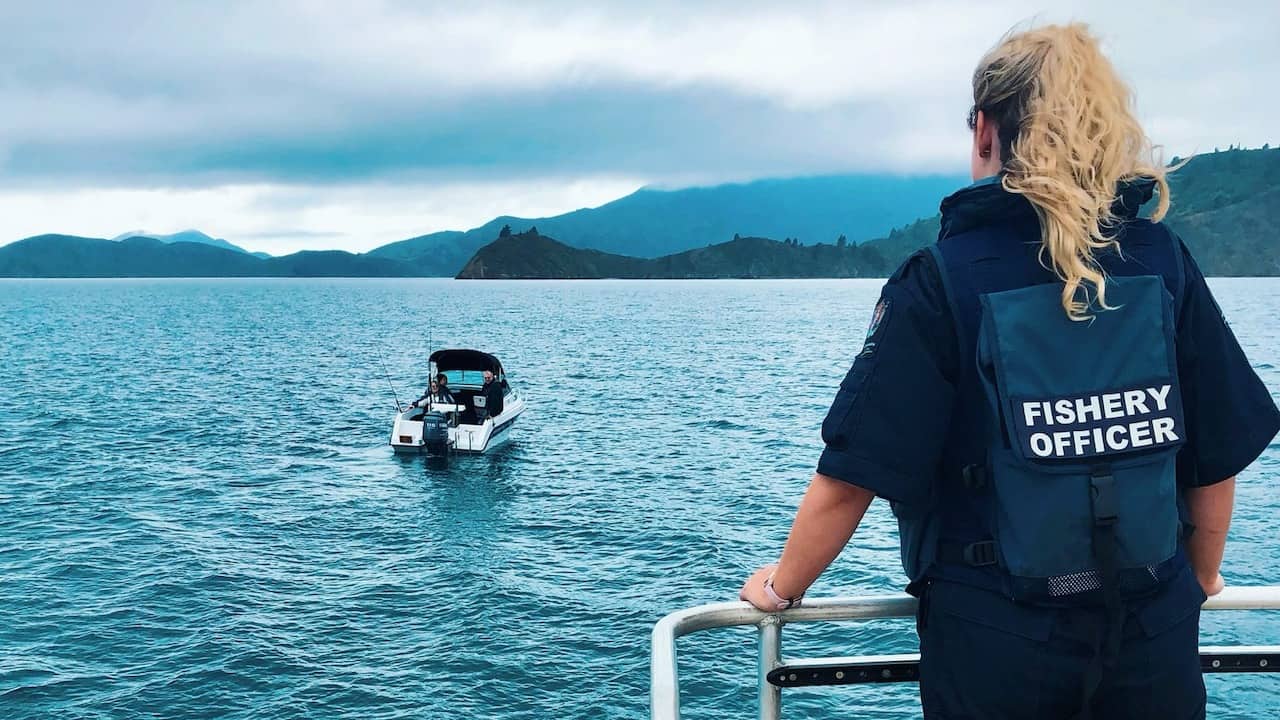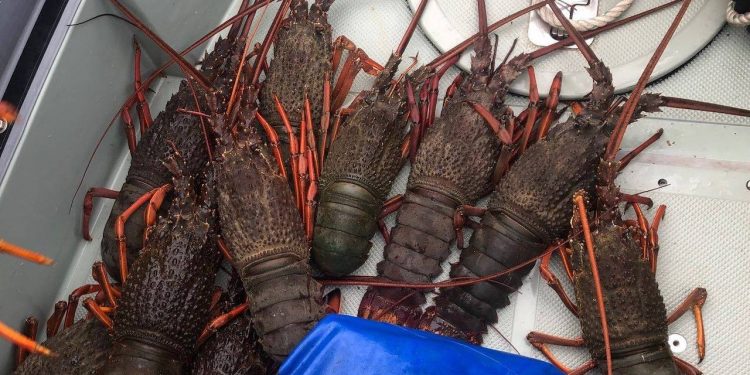A hefty prison sentence of 26 months has been handed down by a court in New Zealand to a poacher who was at the centre of an extensive crayfish poaching operation.
He is believed to have sold 4664 recreationally-harvested crayfish to a black-market ring, and other people in his wider local community, for a total of $68,690 – a fraction of their $300,000 market price. The Wairoa District Court sentenced John Nohotima on one representative charge following a successful prosecution by the Ministry for Primary Industries.

Other members of the black-market ring were sentenced in March to home detention and community work. John Nohotima’s sister, Anne Nohotima was sentenced to 100 hours community work in the Tauranga District Court today for her part in the crayfish poaching. She sold 210 crayfish that her brother poached.
Members of black-market cray fish poaching ring sentenced to home detention, community work
According to Fisheries New Zealand regional fisheries compliance manager Jodie Cole, John Nohotima was the key to the poaching ring’s operation.
‘Mr Nohotima used falsified customary permits to illegally harvest this crayfish with around 16 craypots, fishing from the waters near Mahia Peninsula. The crayfish was on-sold to the Kawerau based ring-leaders who distributed the crayfish throughout Auckland, Kawerau, Tauranga, Gisborne, Wairoa, Mahia and Napier,’ he said.
‘It was organised offending involving a number of people. The poaching ringleader, Martin Te Iwingaro Ernest Paul who was earlier sentenced to nine months home detention, would provide details of often fictious events to Mr Nohotima who would use these to obtain customary permits from Kaitiaki.’
He was able to use different Kaitiaki to hide the number of crayfish he was harvesting. In all he gained 72 permits between 28th December and 21st July 2021, and he sold the crayfish between 1st September 2020 and 1st August 2021.
‘Local iwi and marae leaders had no knowledge or involvement in the offending and are also victims of this deception. Not all permits gained were for fictious events, however our evidence found the legitimate permits were also used to sell crayfish illegally. The commercial value of the crayfish taken was $298,517,’ Jodie Cole said, and commented that a large amount of the stolen crayfish was sold by the poaching ring at a fraction of the legitimate market price.
‘If you’re offered seafood at a price that appears too good to be true – assume it was probably harvested illegally,’ he said.
Upon conviction, a range of equipment including cell phones, craypots, vehicles and a 6m fishing vessel were forfeited to the Crown.









